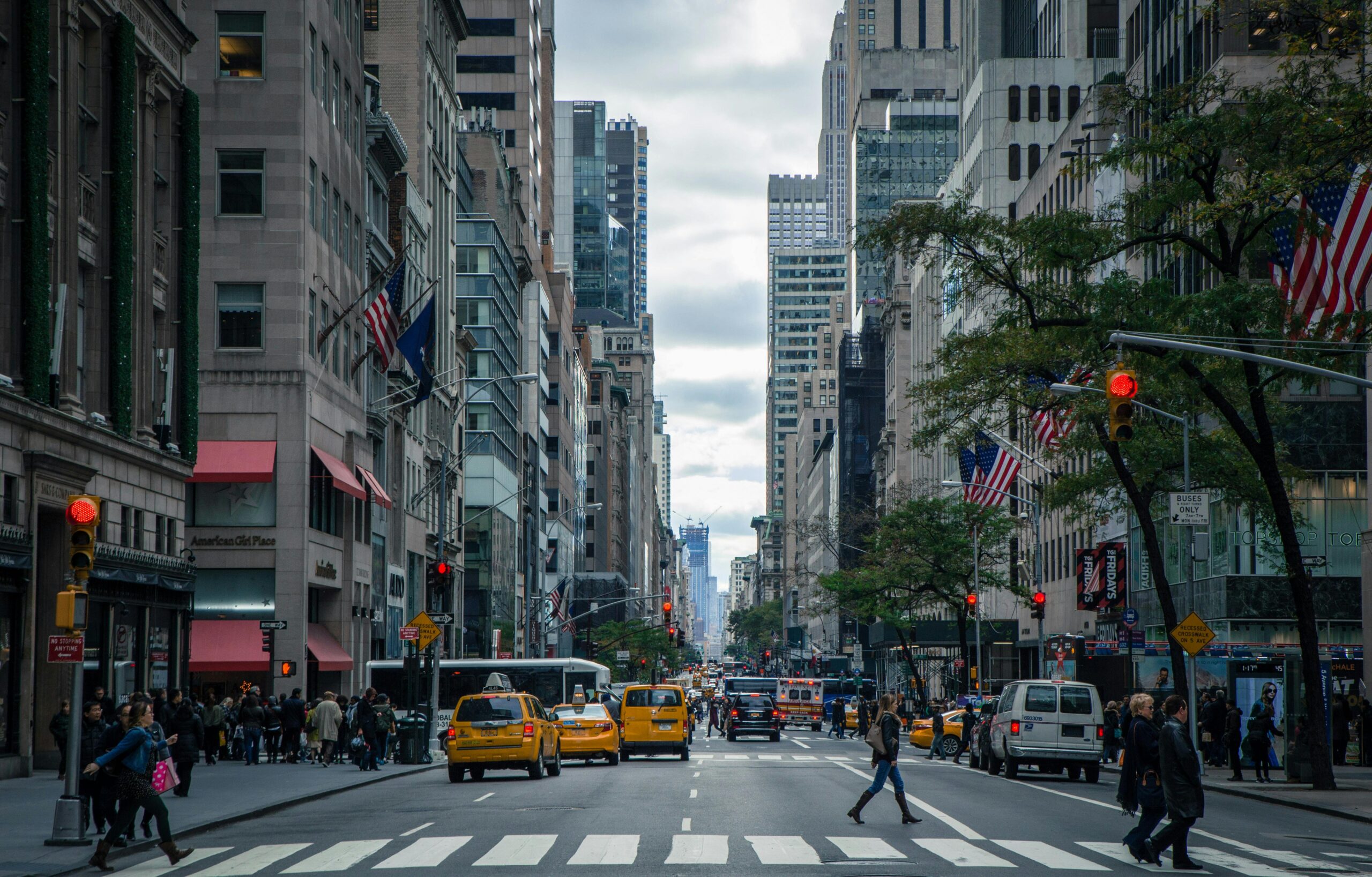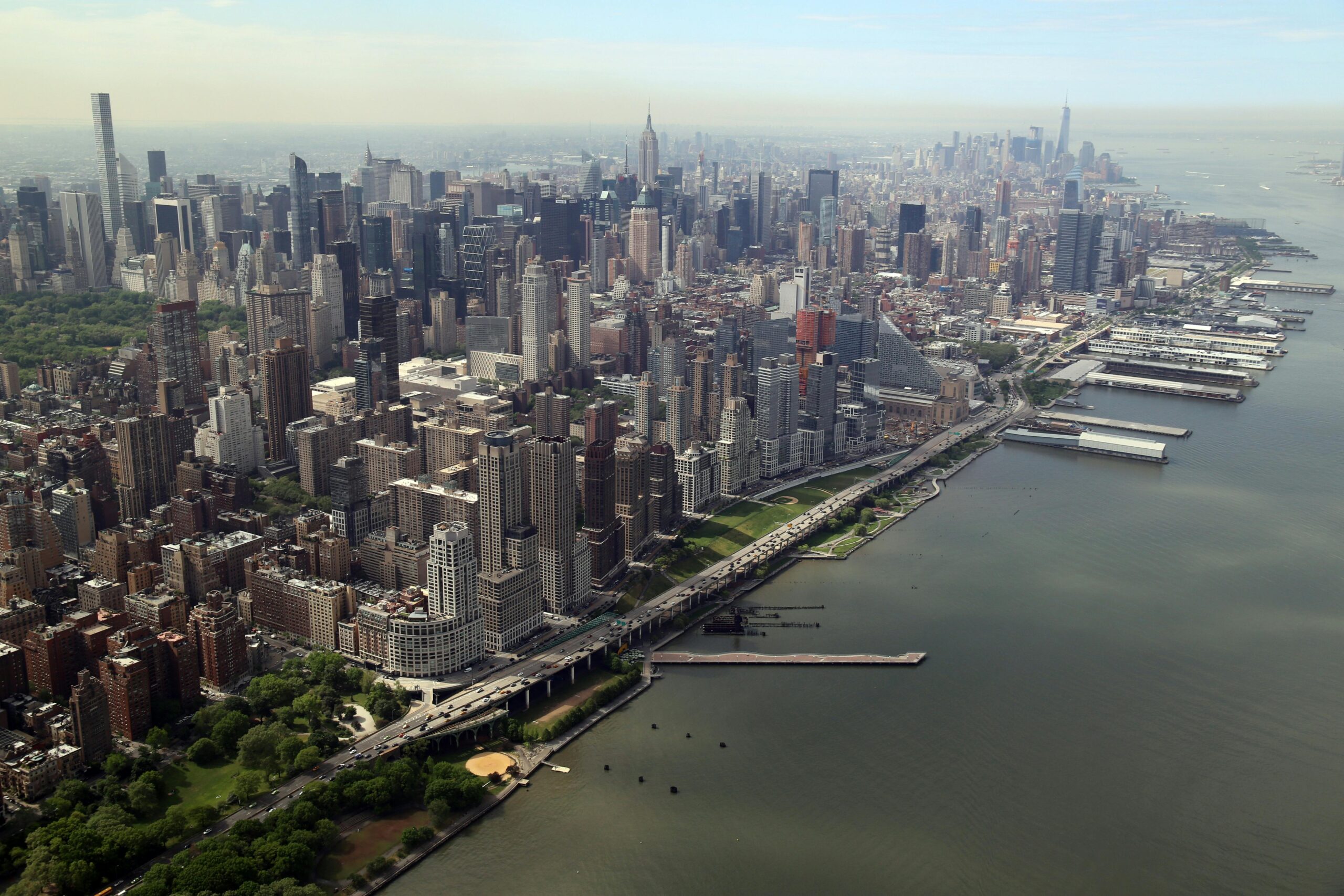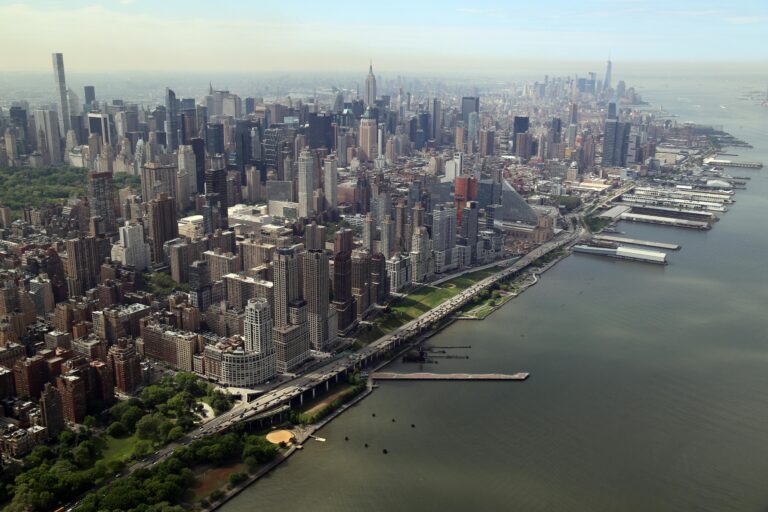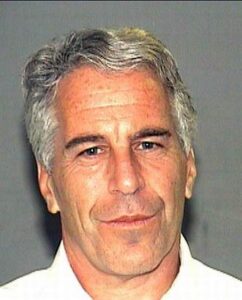
When Zohran Mamdani, a 33-year-old state assemblyman from Queens, won New York City’s Democratic mayoral primary in late June 2025, the reaction from the city’s commercial real estate establishment was swift and visceral. Hedge fund CEO Dan Loeb tweeted “It’s officially hot commie summer” just six hours after Andrew Cuomo conceded. Red Apple CEO John Catsimatidis compared the Democratic Socialist to Fidel Castro, warning “We’re going to have a big fight before we give up New York City.” Pershing Square Capital CEO Bill Ackman skipped straight to offering to raise hundreds of millions of dollars for anyone willing to enter the race and stop Mamdani’s momentum.
The panic was palpable, and for good reason. Mamdani’s upset victory, jumping from 1% in the polls in February to defeating the heavily favored Cuomo by a margin of 56% to 44%, represents a seismic shift in New York politics with potentially transformative implications for the nation’s largest commercial real estate market. With the general election approaching on November 4, the industry faces the prospect of a mayor whose platform directly challenges the interests of landlords, developers, and major investors who have shaped the city’s development for decades.
The Meteoric Rise of an Unlikely Candidate
When Mamdani announced his mayoral campaign in October 2024, virtually no one outside his district in Astoria had heard of him. His improbable rise to frontrunner status stems from a combination of factors: the implosion of Mayor Eric Adams’s re-election bid following federal corruption indictments, Andrew Cuomo’s baggage from sexual misconduct allegations that forced his 2021 resignation as governor, and Mamdani’s savvy social media campaign that resonated powerfully with younger voters.
The demographic transformation of New York’s electorate proved decisive. The age bracket with the highest turnout in the 2021 Democratic primary was 60-64; in 2025, it shifted to 30-34, followed closely by 25-29. Mamdani’s campaign prioritized short-form video content and podcast appearances over traditional advertising, speaking directly to a generation struggling with housing affordability in a city where the median asking rent reached $3,397 in the first quarter of 2025, a more than 18% increase since early 2020.
His most recognizable campaign slogan, “Freeze the Rent!”, captured the frustration of New Yorkers facing a record-low rental vacancy rate of just 1.4% amid a severe supply shortage. While Cuomo’s super PAC raised a record-breaking $25 million, Mamdani’s grassroots energy and message of affordability proved more powerful than money.
The Policy Platform That Shook Wall Street
Mamdani’s proposals represent the most progressive mayoral platform in New York City’s modern history, targeting the core economic interests that have dominated city politics for generations. His agenda includes imposing a 2% surtax on anyone earning over $1 million annually and raising the state corporate tax rate to 11.5%—moves designed to generate an extra $10 billion per year from wealthy New Yorkers and corporations.
On housing, Mamdani wants the city to lead construction of 200,000 “publicly subsidized, rent-stabilized” housing units over the next decade as part of a $100 billion housing commitment. To finance this ambitious plan, he proposes raising $70 billion in municipal bonds—a move requiring state approval that would represent one of the largest municipal borrowing initiatives in American history.
But it’s his rent control proposals that have sent the most immediate shockwaves through the real estate community. Mamdani has pledged to freeze rents on rent-stabilized apartments, which represent about half of the city’s two million total apartments. As mayor, he would control appointments to the NYC Rent Guidelines Board, which sets annual rates for these stabilized units. This isn’t theoretical—former Mayor Bill de Blasio implemented rent freezes three times during his tenure, demonstrating the mayor’s substantial power in this arena.
Beyond rent control, Mamdani supports reforming the city’s property tax system to reduce burdens in outer boroughs while raising taxes on wealthier neighborhoods. He’s also proposed creating city-owned grocery stores, implementing free childcare, and raising the minimum wage to $30 an hour by 2030—a suite of policies that collectively challenges fundamental assumptions about the role of government in New York’s economy.
The Industry Response: From Panic to Pragmatism
The immediate reaction from real estate professionals ranged from alarm to outright hostility. Real estate broker Jay Batra told CNN that two separate clients working to buy multimillion-dollar Manhattan properties put their plans on pause immediately after Mamdani’s primary victory, citing concerns about the city’s political environment. “A lot of the affluent clientele and luxury buyers have become a little more cautious in their approach,” Batra reported. “The more traction [Mamdani] gained, it went from a little concern to ‘wow, where is the city going?'”
Pierre Debbas, managing partner at Romer Debbas law firm, which specializes in real estate, warned that investors are already reassessing the city’s market. One real estate CEO said his firm stopped new deals in the city entirely, warning that if Mamdani’s policies are implemented, it could damage New York’s appeal as a global investment hub.
Real Estate Board of New York President Jim Whelan issued a carefully worded statement that avoided endorsing either candidate but framed the choice starkly: “Voters will need to choose between practical or fanciful and extreme ways to continue the drop in crime, build much necessary housing, and create good jobs.”
Major landlord groups have already dropped $2.5 million trying to stop Mamdani’s campaign. Some Wall Street and real estate heavyweights are reportedly fundraising in the Hamptons for Eric Adams, who skipped the primary and launched an independent re-election bid, hoping he can split the vote and prevent a Mamdani victory.
Across private New York Facebook groups, particularly those for Upper East Side residents, anonymous discussions about potential plans to leave the city following Mamdani’s primary win have proliferated—though there’s a long-standing American tradition of people threatening to move when political outcomes don’t go their way.
The Rent Freeze Dilemma and Office Conversions
Mitchell Korbey, chair of Herrick’s Land Use & Zoning Group, described the industry sentiment as “concerned,” with people “looking to see what happens [and] who will be part of a future administration.” The most immediate worry centers on how a rent freeze could impact critical initiatives like office-to-residential conversions.
The city currently offers an incentive for office conversions: a 90% property tax exemption for 35 years. The catch? Conversions using this tax incentive must make 25% of units rent-stabilized. A rent freeze could therefore chill investment in office conversions—a policy that commercial real estate organizations like NAIOP support at the federal level as crucial for addressing both office vacancy and housing shortage problems.
“The concern there is, how do you maintain the city’s rental stock? How do you keep it in good condition, and how do you bring it up to where it needs to be, and make improvements?” Korbey asked. “You’ve got some considerable issues with inflation, the cost of owning property and other expenses. It’s a real challenge to do that in New York. At the end of the day, these properties need to be viable.”
Mamdani argues his rent freeze won’t disincentivize housing production because he can only control rents of apartments already rent-stabilized, and new housing in NYC is not initially rent-stabilized. However, skeptics point out that developers make long-term calculations, and uncertainty about future rent control expansion could dampen investment regardless of current rules.
Finding Common Ground?
Despite the heated rhetoric, some industry leaders report more productive private conversations with Mamdani that suggest room for pragmatic compromise. RXR Realty CEO Scott Rechler met with the candidate and came away cautiously optimistic: “I found him much better as a communicator than the caricature that they show him in the news,” Rechler said at a Young Men’s/Women’s Real Estate Association event. “He was, I think, in a stage where he was more focused on governing than politicking, and was saying all the right things. But the proof is going to be in the pudding.”
Rechler added a note of caution: “It’s hard to really see someone that has taken some of these tough positions to be able to retreat from them. He might, and that would be great.”
James B. Ferrari, founder of residential real estate firm Benjamin James Associates, penned an op-ed arguing that the real estate industry is overreacting and making no effort to engage Mamdani in productive dialogue. “There are many areas where the industry can work productively with Mr. Mamdani,” Ferrari wrote in Crain’s New York Business. “He has demonstrated willingness to engage with the real estate community and has already held one-on-one meetings with prominent developers.”
Ferrari points to potential areas of collaboration: Mamdani has indicated his strategies include increasing zoning capacity and fast-tracking projects that aid in building more affordable housing—both opportunities for real estate companies willing to prioritize making New York City sustainable. He also wants to increase the capacity of city housing agencies to speed up the review process, which is often a giant bottleneck for new projects. “Surely, speeding up and reforming the cumbersome review process would be welcome to my industry colleagues,” Ferrari noted. “You wouldn’t know it from how some are reacting.”
Suri Kasirer, CEO of her namesake lobbying firm, suggested that a potential Mamdani win could help attract younger people to work for the city and fill vacancies in agencies dealing with the “built environment”—addressing chronic staffing shortages that slow development approvals.
The Brad Lander Factor
Speculation about Mamdani’s potential administration focuses heavily on Brad Lander, New York City’s comptroller, whom Mamdani cross-endorsed during the Democratic primary. Industry observers wonder if Lander would serve as Deputy Mayor for Housing and Economic Development—a move that could reassure the real estate community.
“Brad was instrumental, in fact, he spearheaded the Gowanus canal rezoning, which has resulted in thousands of new units,” Korbey said. “He’s somebody who has a relationship with the real estate community and somebody who has had a long history of addressing zoning and planning and development issues.”
Lander’s involvement could provide a bridge between Mamdani’s progressive vision and the practical realities of working with private developers to address the housing crisis. As Vicki Been, former NYC deputy mayor for housing and economic development and current co-faculty director of NYU’s Furman Center, noted: “The city cannot fill or preserve enough housing without private partners. The city doesn’t have the expertise.”

National Implications and the Path Forward
Mamdani’s come-from-behind victory is likely to reverberate far beyond New York. His successful reshaping of the city’s electorate and his social media-driven campaign tactics will be studied and replicated by upstart candidates around the country. As the Democratic Party establishment faces challenges from up-and-coming populists in major cities with policy agendas that directly challenge commercial real estate interests, industry members must prepare to advance their own pro-growth agendas more effectively.
Partnership for New York City President Kathy Wylde is organizing a meeting later this month between Mamdani and city business leaders, a recognition that engagement, not antagonism, may be the only viable path forward if Mamdani prevails in November.
The honest truth, as one industry analysis put it, is that “Zohran Mamdani’s primary win changes everything and nothing all at once.” On paper, his policies would reshape commercial real estate through higher taxes, tighter regulations, and a serious push toward conversions and small business support. In practice, most of this depends on what he can actually accomplish given budget constraints, political opposition, and the complex realities of governing America’s largest city.
As Ferrari noted in his op-ed, New York has had progressive mayors before, including Fiorello LaGuardia, “an ideologically socialist mayor who supported New Deal-style programs and encouraged low-cost housing construction,” and is “remembered as one of New York’s greats” who “helped pull the city out of the Great Depression.”
Whether Mamdani becomes the next LaGuardia or triggers an exodus of capital and talent from the city remains to be seen. What’s certain is that November 4 has become the most important election day in New York commercial real estate’s recent memory. The industry that shaped modern Manhattan now faces a candidate who promises to reshape it in turn, and the outcome will determine whether New York remains a global capital of commerce or charts a dramatically different course toward affordability and equity.




